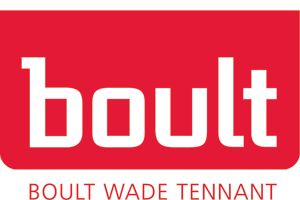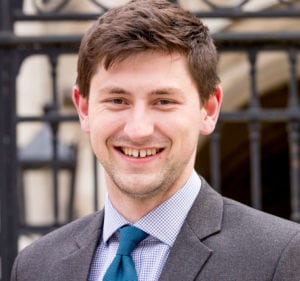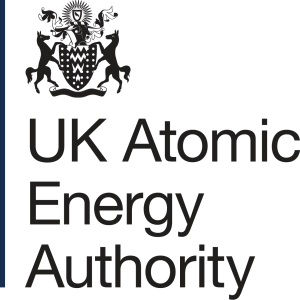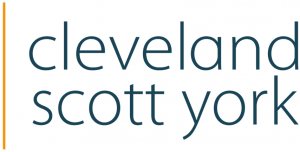I knew from early on in the research project in my master’s degree that academia was not for me and I had become aware of the importance of patents from a tech transfer project, so training to become a patent attorney was always on my radar. I applied for graduate jobs in various industries but my first interview in the patent profession was with Boult Wade Tennant, and I immediately knew that the industry and the company were right for me. The people who interviewed me were extremely friendly and they were genuinely interested in how I thought about problems, which was a stark contrast with the multiple-choice tests that I had completed for other job applications.
At Boult Wade Tennant, trainees work under the close supervision of partners and experienced attorneys, which means you receive feedback and on-the-job training every day. Despite this, I was given the freedom to manage my caseload and deadlines from very early on and this was a steep learning curve for me. However, my supervisors have always been willing to help when I have been too busy and the constant feedback means you quickly learn how to prioritise tasks and become more efficient.
A typical day entails checking my emails, prioritising deadlines for the day and completing various administrative tasks in the morning, before starting more substantial pieces of work in the afternoon. The substantial work most often involves writing letters to various patent offices around the world to convince them to grant our clients’ applications. However, as I have gained more experience and knowledge of the law, I become involved in other work such as drafting new patent applications and providing advice on the patents of our clients’ competitors. The best part of the job is getting to learn about new technologies every day without having to work in a lab.
My advice to anyone hoping to enter the profession would be to apply to as many firms as possible, because some firms operate in very different ways and you will work with the people who interview you almost every day. The interview really is a chance for both you and the interviewers to see whether you would work well together. I would also suggest making sure that there are no errors in your CV and cover letter because the job involves attention to detail and writing multiple letters every day.








